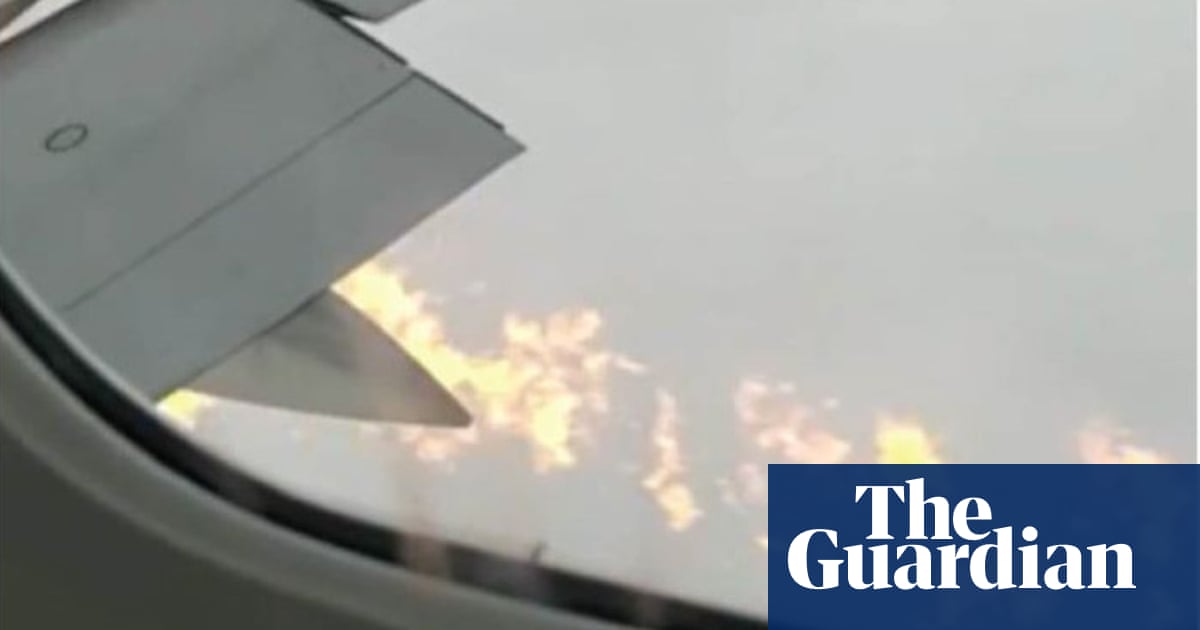Boeing faces fresh questions about the safety of its aircraft after an engine fire on a transatlantic flight from Edinburgh caused an emergency landing soon after takeoff.
Flames were seen by passengers briefly shooting from the engine of a Delta Air Lines 767 soon after it took off for New York in February last year, after a turbine blade broke off during takeoff.
The flames subsided while the plane was airborne but it made an emergency landing at Prestwick airport south of Glasgow, where ground crew noticed fuel leaking from the plane’s right wing.
The Air Accidents Investigation Branch, the UK government agency that investigates aviation safety, has written to the Federal Aviation Administration in the US asking it to take action with Boeing, which has its headquarters in Virginia.



Nobody is accusing Boeing for the turbine failure. They are questioning Boeing’s drain tube track design failure. Source
Doesn’t seem to be major issue there either. Above is a quote from the AAIB report. They’re talking about an already redesigned and upgraded drain this plan had installed in 2012. It was found the redesigned part performed better than required. Even when damaged on purpose before testing. The recommendation here is more like hey FAA maybe you should update the test requirements. 20 minutes or 2 minutes of holding up while shit is going wrong might not be enough.
https://asn.flightsafety.org/wikibase/308139
But even with all this going on the engine was making thrust. Pilot was just worried about flying across the Atlantic with a vibration they noticed was getting worse after 20 minutes in the air. They suspected but didn’t even know the engine was blown until back on the ground. The fire was happening in the exhaust stream and not within any part of the plane itself.